DRIVING QUESTION:
What would the world be like without bees? What can we do to help the declining bee population?
Project Overview:
BACKGROUND: Students will have previously learned about the classification of animals and basic research & presenting skills. *Presenting: (‘speed dating’ protocol)
PROJECT: After enjoying the exploration of animals and learning to research/present an animal of choice, students will be presented with the question: What would the world be like without animals? Allow for student ideas!
ENTRY EVENT: Visit the Bee Centre in Surrey. *Protocol: KWL (4-square protocol) What do you know? What do you want to know? What have you learned? What are good questions to ask? What are good things to look for?
QUESTION: Why are the bees important to us? What would the world be like without bees? There is a problem! The bee population is in danger. What does that mean for us and what are we going to do about it? Allow for student ideas and see what they come up with.
Students will then be involved in the following:
1) Researching bees (characteristics, roles in creation, their importance to us)
2) Presenting their information to others to spread the message of the problem with bee population declining
3) Brainstorming to find ways to help the bees
4) Hands-on project to help the bees in some way
CELEBRATIONS
1) Honey Bee Centre Field Trip – Engaging and interesting. We learned a lot about bees. The instruction and differentiated activities were excellent.
2) Blueberry Farm Field Trip – Great time in nature getting our hands dirty to make a Bee Garden and actually releasing mason bees. Doing something about our learning was awesome!
3) BEE Day – We had parents and 17 classes come through our class for a presentation of 9 stations. It was a bit of a challenge to keep the students persevering to the very end of the day, but they owned their projects, were proud of them and were eager to share with others. They enjoyed the day immensely overall and I think we were successful in spreading the message and helping their peers to learn something.
4) We had a nice celebration time/reward the next day with snacks/Winnie the Pooh movie as well as time to reflect.*Personally as a teacher, I learned a lot about what it means logistically to plan and organize field trips. I learned with the students because when we started, I actually didn’t know very much about bees. This project really also gave me another amazing example of how incredible our God is. Bees are amazing – God is amazing!
CHALLENGES
1) Timing was a bit of a challenge. By the time I decided to take on this project, it was a little late for booking field trips. It was also a little late in the year to buy mason bees and keep them in the fridge. Ideally, they should have been let out sooner but it worked. They woke up quickly! It remains to be seen whether or not they will take up residence in our bee houses. With regards to curriculum and the end of the year, the timing of this project would have been better had we done it earlier.2) Managing 9 different projects in the class was a challenge. It needs the right mix of independent learners (or extra adult helpers) to be able to support each group of students.
Product/Presentation:
- Bee garden
- Bee day
How has this engaged students in ACS’ mission and vision?
Engaging Minds: It allows students to gain information about a topic that is relevant to ‘real life’ and it gives them an opportunity for initiative and leadership to then impact their community in a tangible way. It engaged their mind, as they researched and learned about the bees.
Nurturing Hearts: The students learned about a problem and decided to be part of the solution.
Shaping God’s World: The students gave their hard work and effort as they worked to help bring about a solution. Also, it turned their eyes to God, the most incredible creator of bees, and how we need to take care of our creation.
How has this learning experience served or connected to our community?
It has given the students an opportunity to actually play a part in helping the declining population of bees in BC. They got their hands dirty and planted a bee garden, set up a bee bath and two bee habitats, and released 30 mason bees. This also served a local blueberry farm for future pollination.
The Bee Day gave the students a voice. They were able to spread the message of “Saving the Bees” to the wider ACS Elementary community, both to students/teachers and parents.
“My students learned a lot about bees such as interesting facts, how they work, and help us. They hopefully learned that they can DO SOMETHING to change the world – even when they are young. They also learned that they have a voice. One student said, ‘We’re going to be famous!’ I think that speaks of his voice and mission – that we are going to do/say something that other people are going to listen to!
On our reflection page, a high percentage of the students reported that they felt they had helped the bees and would recommend that future grade 2 students take part in this learning. One student wrote, ‘We sent a message to a lot of people.'”
SAMPLE PROJECT FILES:
Please do not reproduce without prior permission. To make this request, please email us.
Before and After Garden Drawing
Our Bookmarks
Planning Schedule
Presentation Rubric
Specific Projects
Reflections on Bee Theme
Writing Template


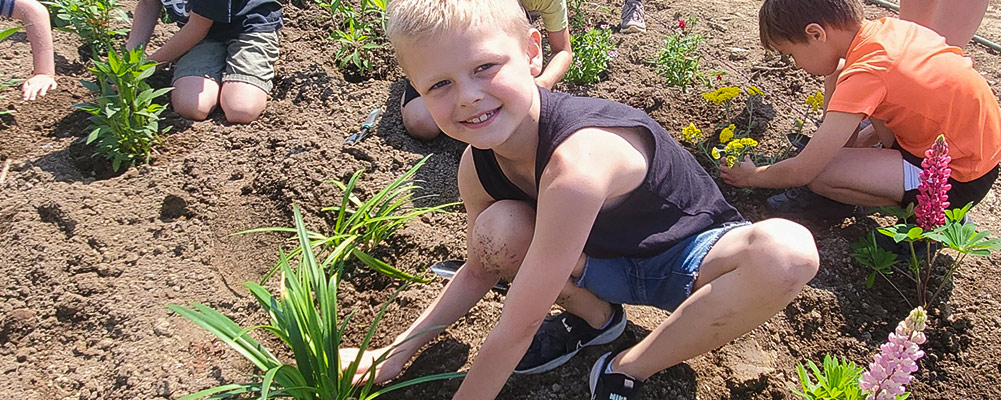
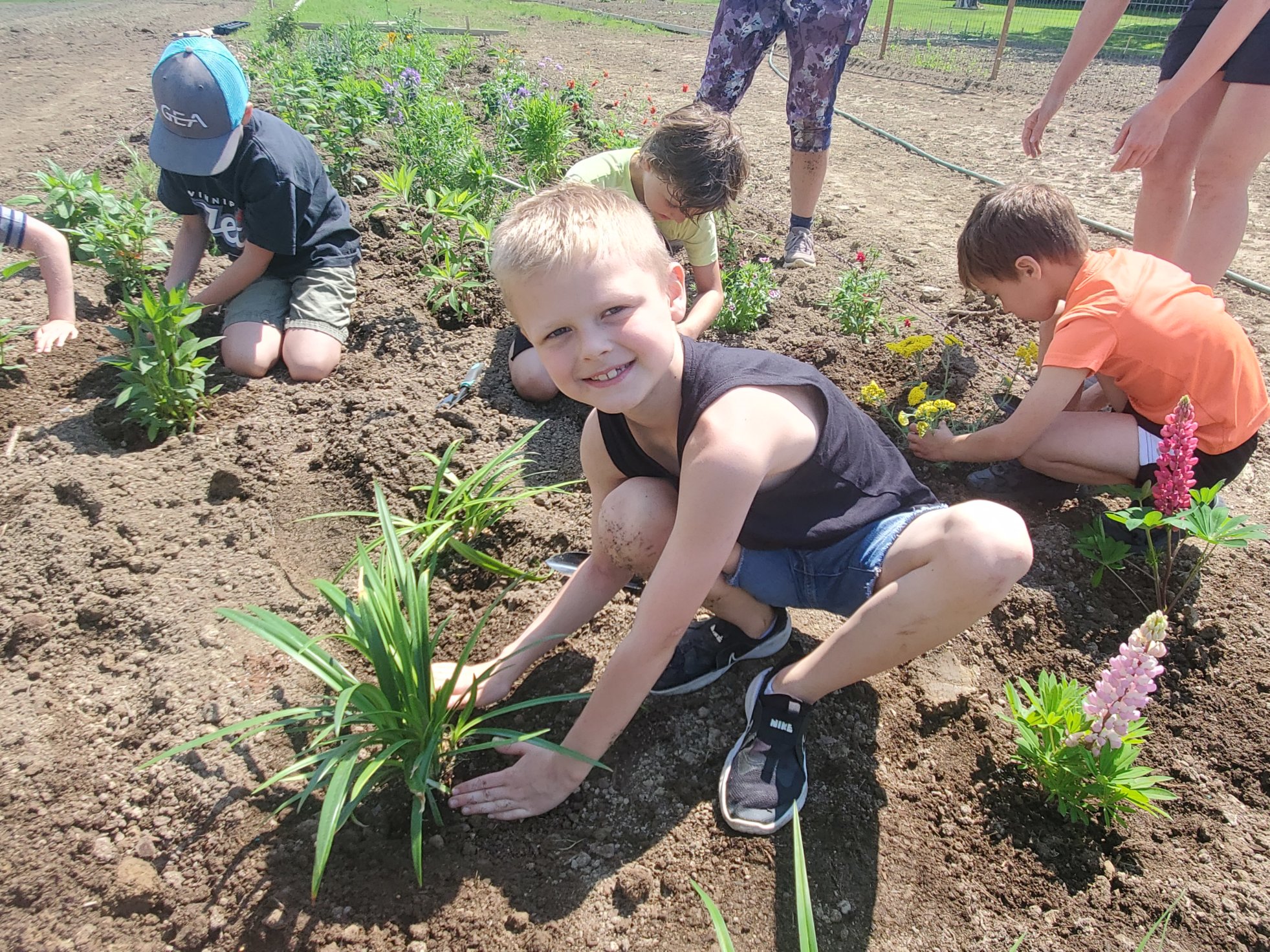
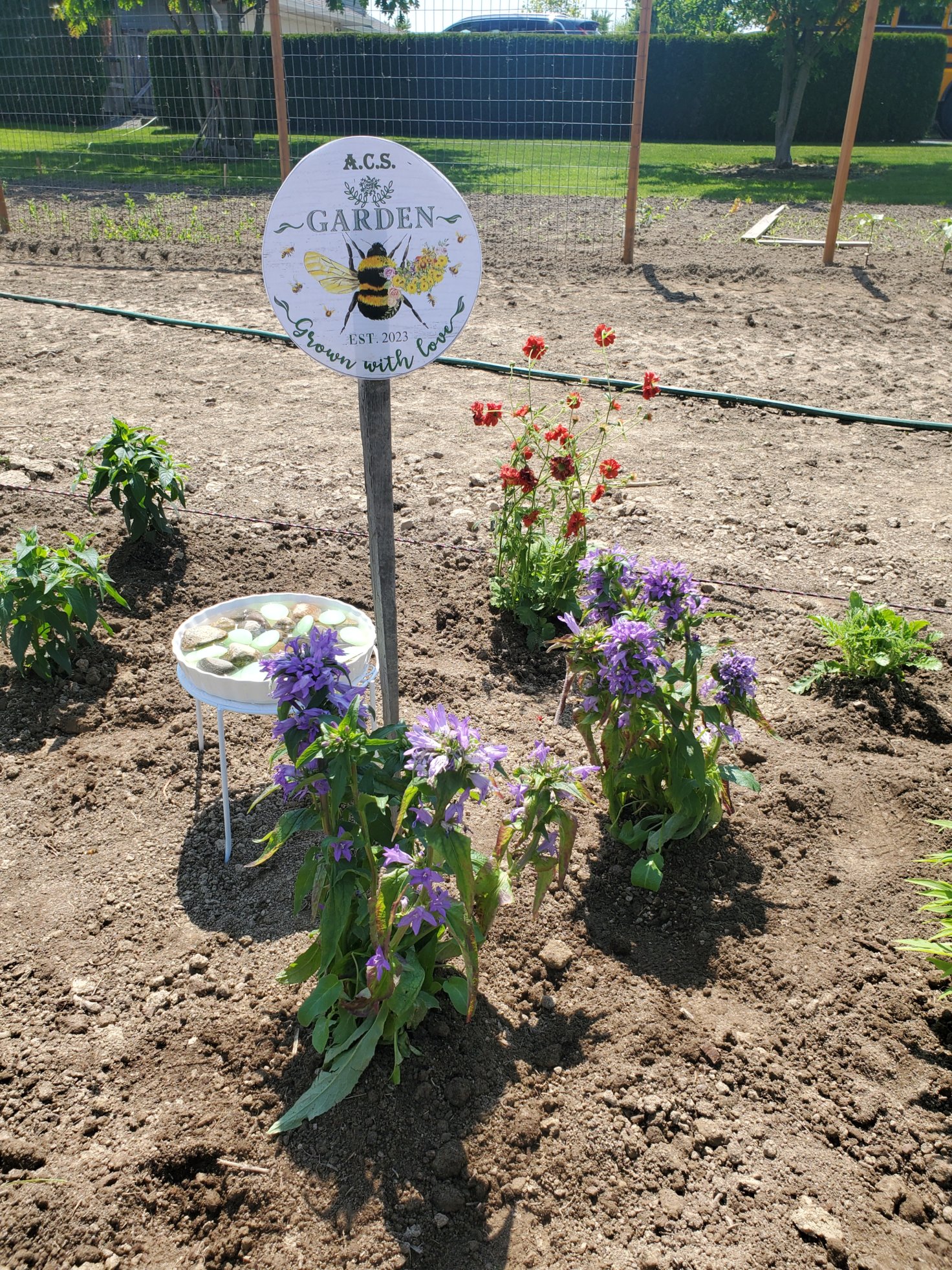
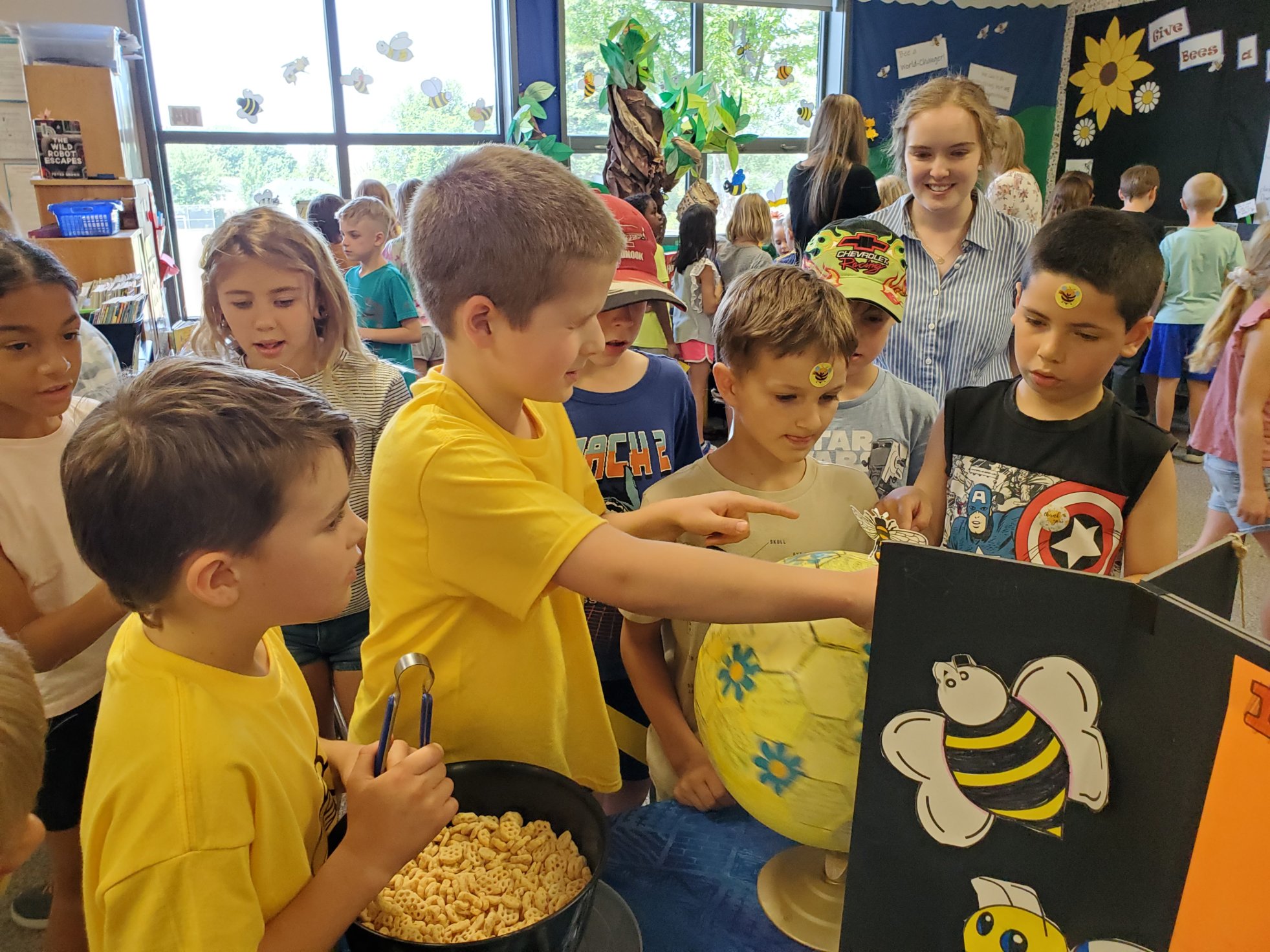
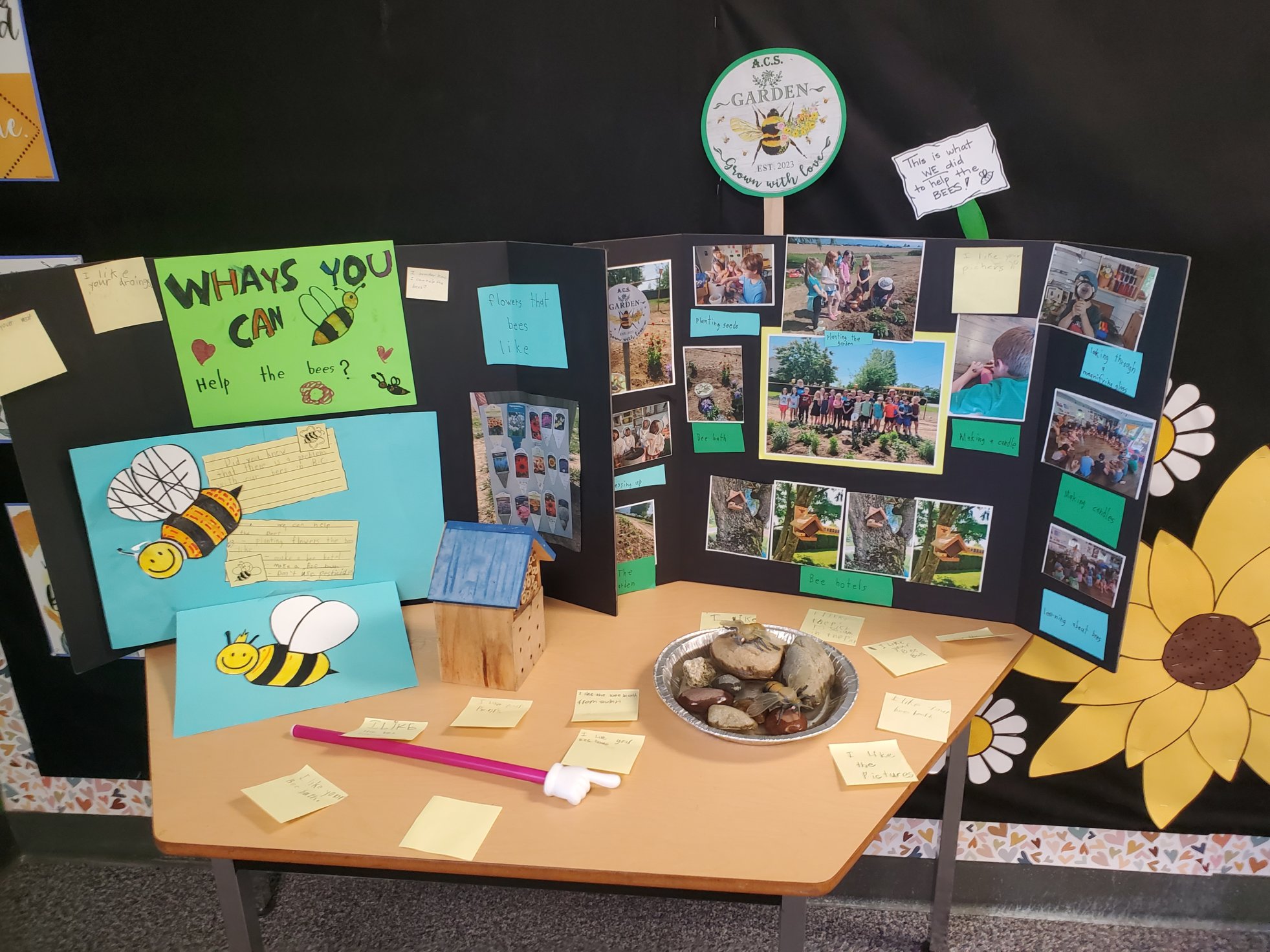
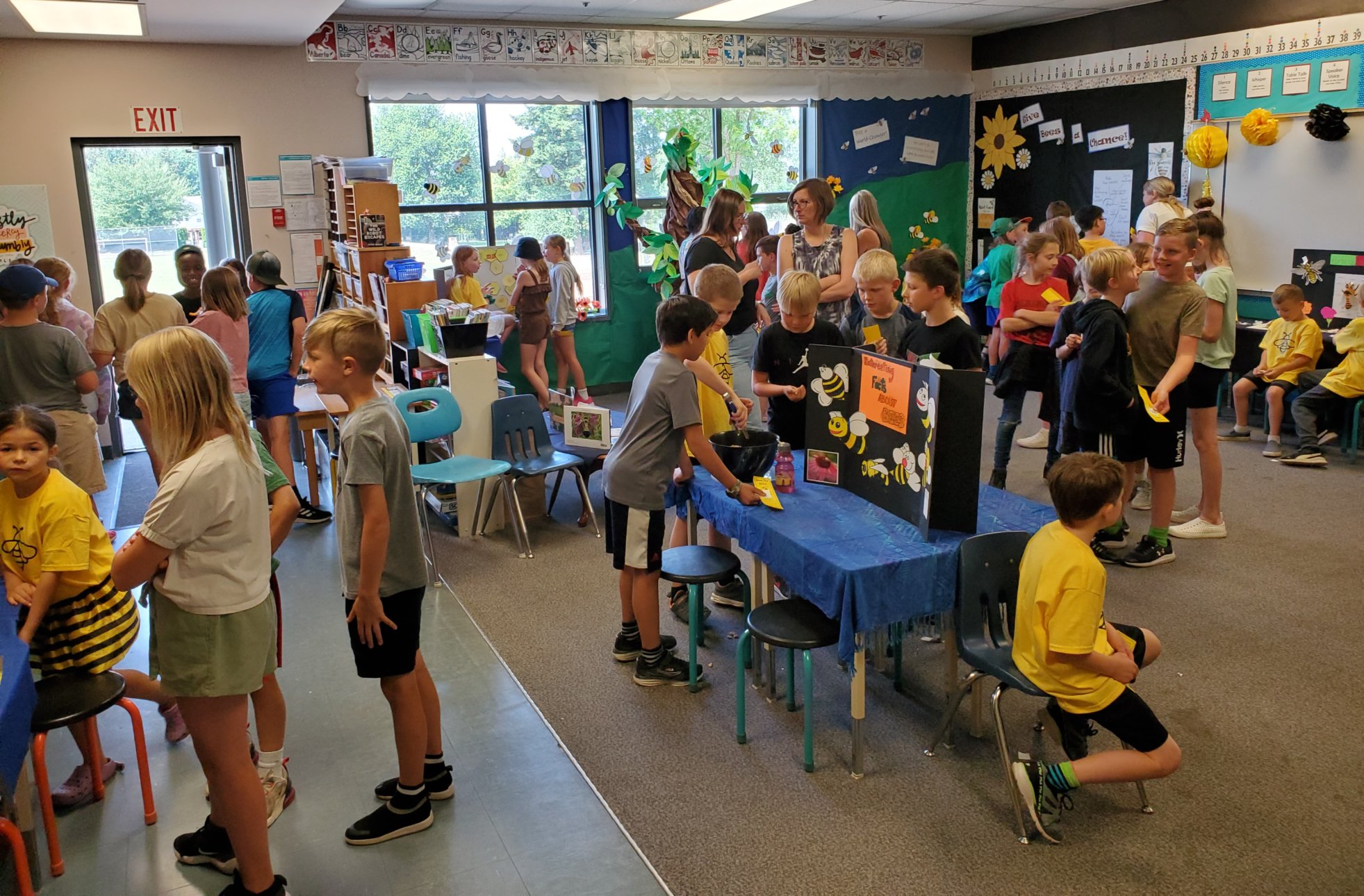
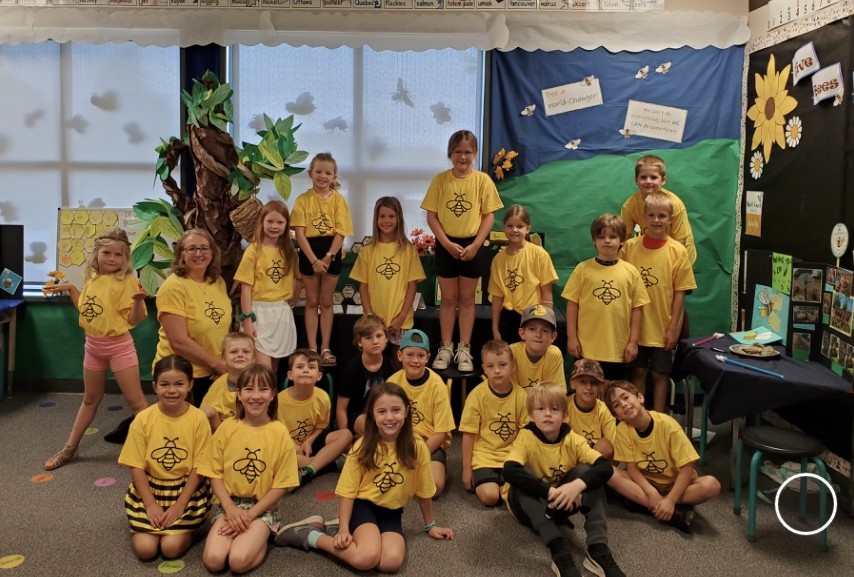
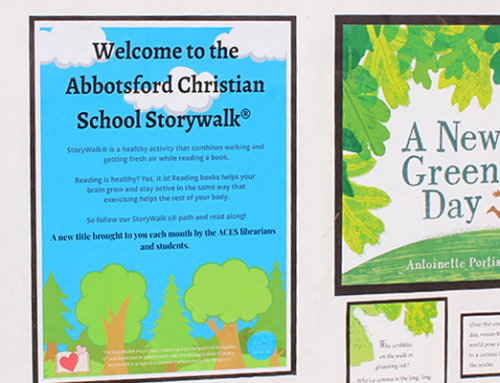
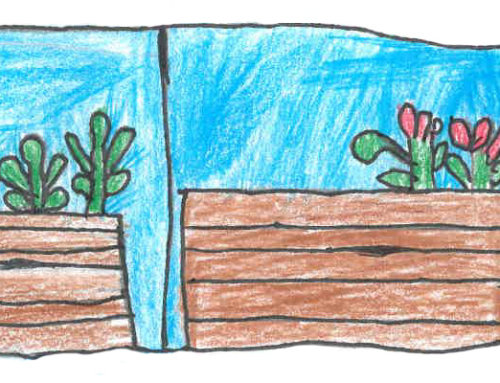
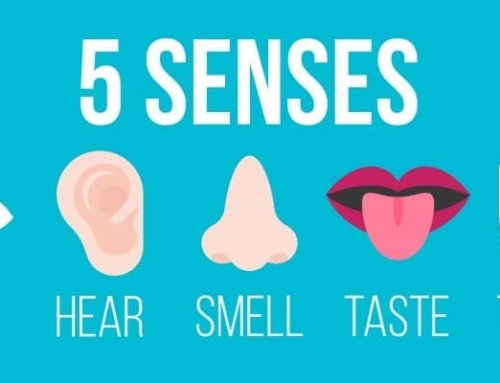
Leave A Comment